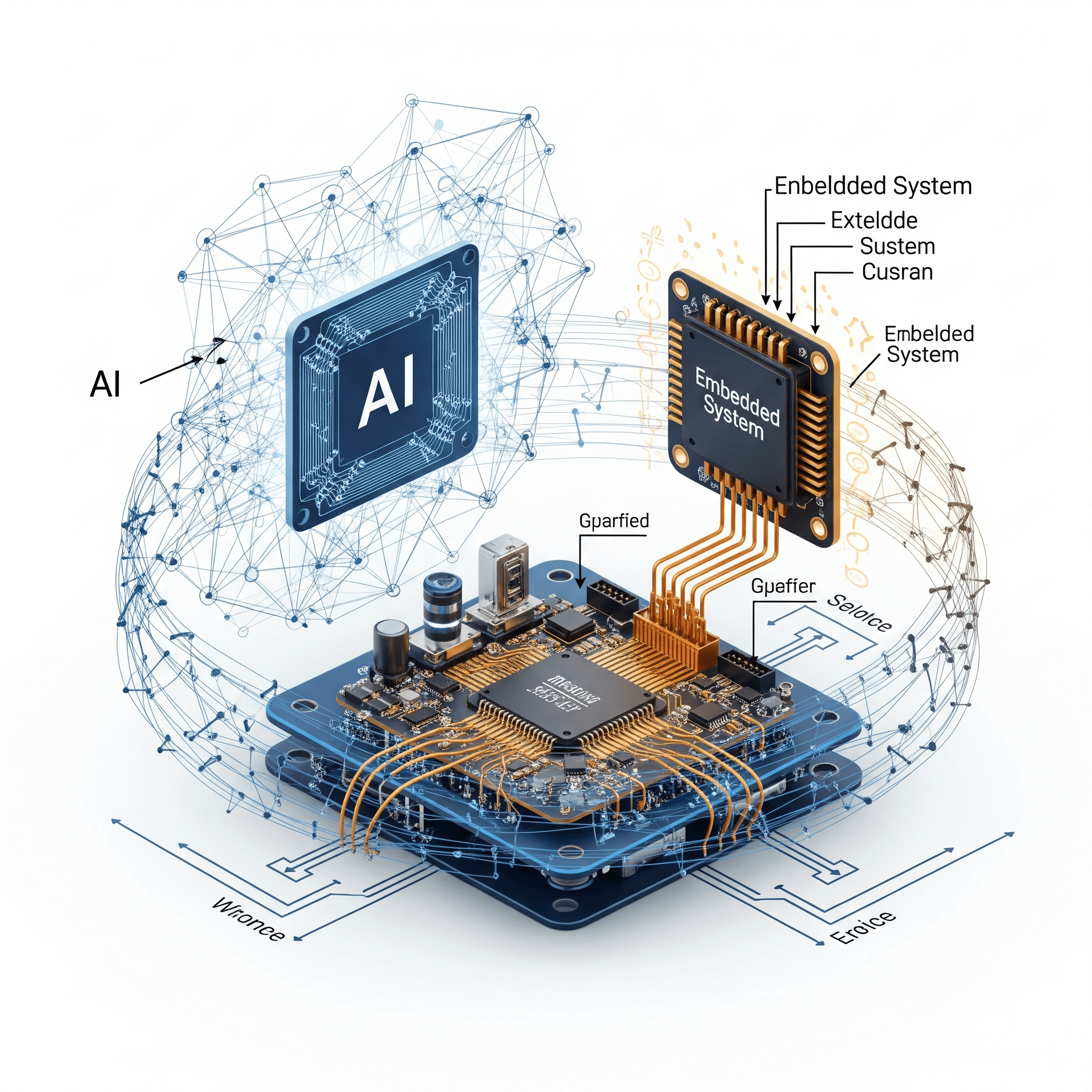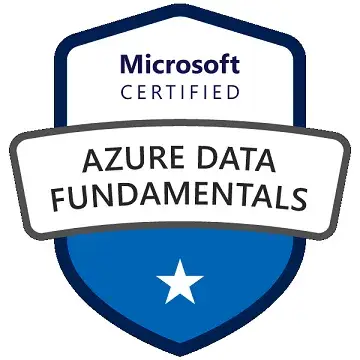EVS Class 4
-
- 5 rating
- (2 Reviews)
- 0 students enrolled
EVS Class 4
Class 4 EVS lays the foundation for environmental literacy, encouraging students to appreciate the natural world and become responsible towards of the environment.
-
- 5 rating
- (2 Reviews)
- 0 students enrolled
Course Content
Requirements
- Smart Phone or Laptop with internet connection
Description
-
Maps: Students learn about maps, their symbols, and how to read and interpret them. They may also explore the use of maps for navigation and understanding geography.
-
Safety Rules: Safety rules cover a range of topics, including road safety, fire safety, water safety, and general safety practices to ensure the well-being of individuals.
-
Air and its Uses: This topic explores the composition of the air, its importance for living things, and how humans use air for various purposes.
-
Means of Transport: Students study different modes of transportation, including land, water, and air transportation, and their role in connecting people and goods.
-
The Story of Fire: This topic delves into the history and significance of fire in human civilization, covering topics like fire safety and responsible use.
-
Food and Us: Students learn about the importance of a balanced diet, types of foods, and food groups, as well as the significance of nutrition for health.
-
Inventors and Inventions: This topic introduces students to famous inventors and their contributions to society, highlighting the role of innovation in human progress.
-
Public and Private Property: Students understand the difference between public and private property, as well as the importance of respecting property rights.
-
Municipal Corporation and Municipal Committee: Students learn about local governance structures and their functions, including municipal corporations and committees.
-
Our Festivals: This topic explores various festivals celebrated in the local culture and their significance in bringing communities together.
-
Sources of Food: Students learn about various sources of food, including plants and animals, and the food chain in nature.
-
Village Panchayat: This topic introduces students to the local village governing body, the panchayat, and its role in rural administration.
-
Health and Hygiene: Students learn about personal hygiene, cleanliness, and practices that promote good health.
-
Internal Organs of the Body: An introduction to the human body's internal organs and their functions.
-
Means of Communication: Students explore different modes of communication, including oral, written, and electronic forms.
-
Our Clothes: Understanding the purpose and types of clothing, including traditional and cultural attire.
-
Cleanliness of Surroundings: Emphasizing the importance of maintaining clean and hygienic environments for health and well-being.
-
Houses and Environment: The relationship between houses and the surrounding environment, including the concept of sustainable living.
-
Living and Non-living Things: Differentiating between living organisms and non-living objects and understanding their characteristics.
-
Natural Resources: The study of natural resources like water, soil, minerals, and their sustainable management.
-
Emergency Care And Home Remedies: Basic knowledge of first aid and simple home remedies for common ailments.
-
Pollution: Learning about various types of pollution (air, water, land) and their effects on the environment and health.
-
Natural Changes: Understanding natural phenomena like weather, seasons, and geological changes
Recent Courses
- June, 23rd 2025
- 3
This course plan outlines a comprehensive curriculum for a prompt engineering course, designed to equip learners with the ski..
- 1699.00₹
2000.00₹
- June, 28th 2025
- 12
In an era where technology is seamlessly integrated into our daily lives, understanding the synergy between Embedded Systems..
- 1599.00₹
2000.00₹
- May, 22nd 2024
- 0
Microeconomics is an essential component of economics as a whole, as it helps us understand how individual decisions and inte..
- 799.00₹
999.00₹
About Instructor
"Founded in 2019, Bringup Education stands as a dynamic Ed-Tech firm. We take pride in offering a diverse array of courses, spanning from school-level education to rigorous undergraduate programs, all impeccably facilitated through our state-of-the-art Learning Management System (LMS).
Moreover, at Bringup Education, we are committed to preparing students for the professional world by providing valuable training and internship opportunities. These experiences not only augment students' skills but also ensure they are 'job ready' upon graduation."


.png)




.png)


